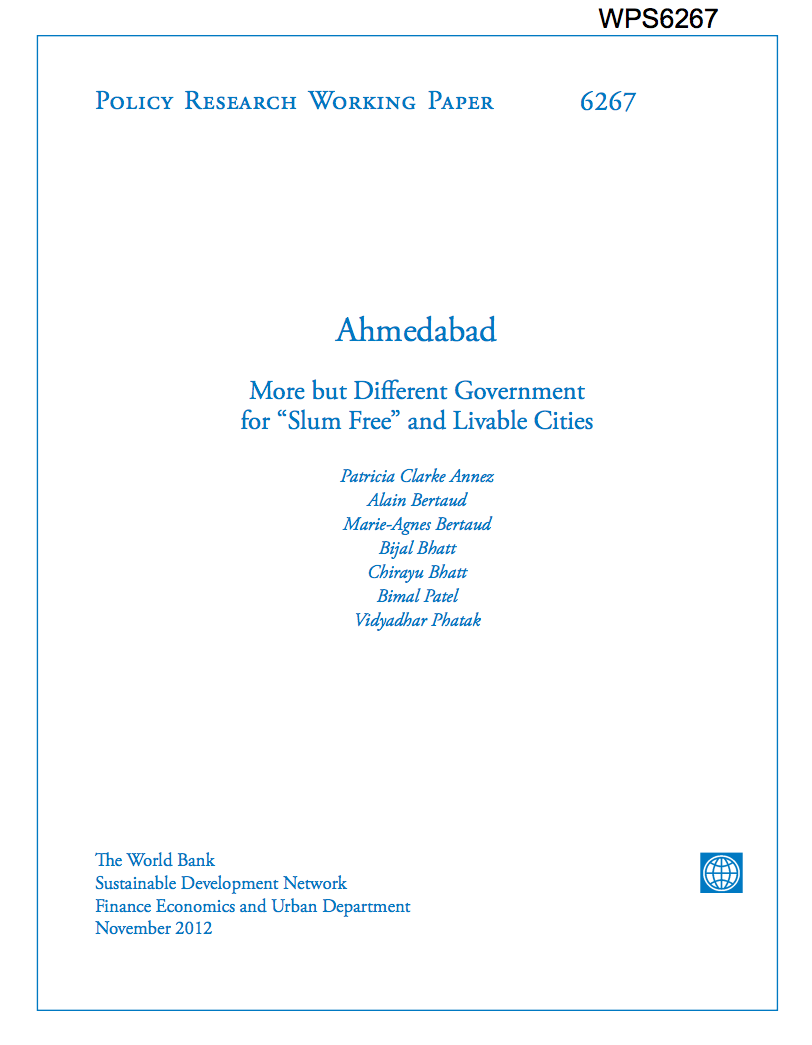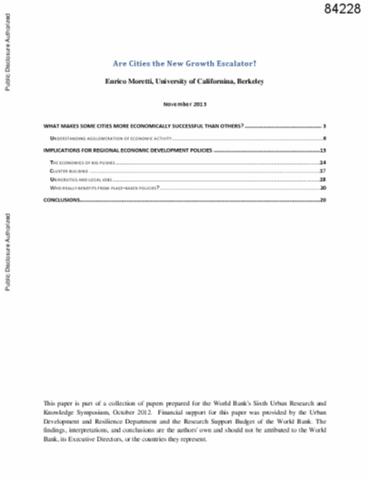Poverty and Social Impact Analysis of the National Rural Employment Guarantee Act in Karnataka to Enable Effective Convergence
As the 21st century unfolds, the vast
nation of India faces an array of challenges, including how
to feed its burgeoning population in a situation where rural
poverty is widespread and land resources are under mounting
pressure. In such a situation it is vital that the resources
supporting agriculture (especially rain-fed arable farming)
- soil and water, physical infrastructure, and those
employed on the land operate efficiently and in harmony. Two




